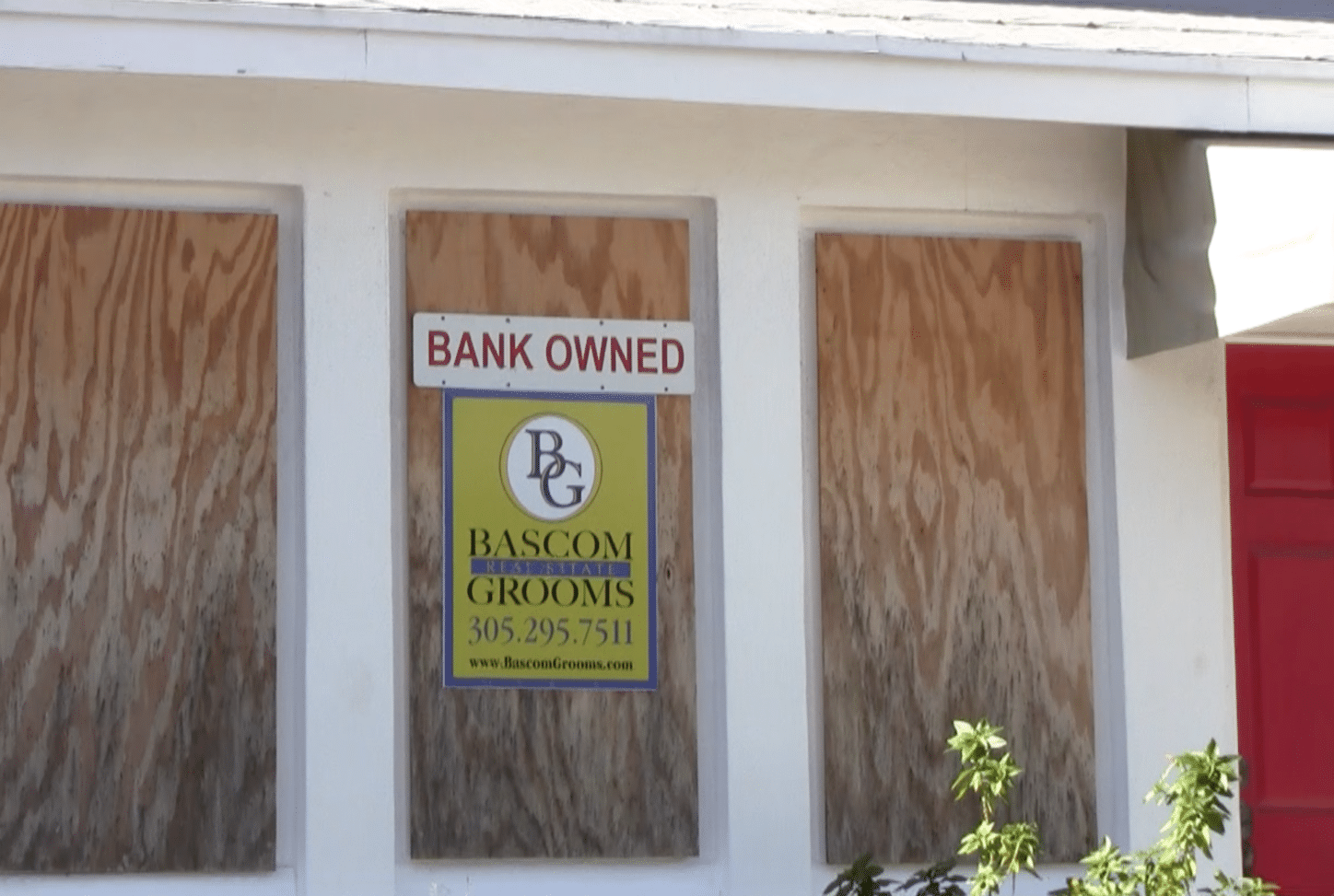If you’re a homeowner in trouble, about to fall behind, or have missed mortgage payments, don’t wait until things get worse.
Take action right away. The truth is that there are no easy solutions for the millions rocked by foreclosure, but it is possible for some to fight and save their homes. Unfortunately, many can’t hang on.
Manny Alvarado, a housing specialist with the U.S. Department of Housing and Urban Development, says, “We’ve done hundreds of interviews of people who are close to being in foreclosure, or are afraid they’ll be in foreclosure or are in a default situation.
Many of them should never have bought that house in the first place. They bought too much house with too little income.”
FORECLOSURE
When your mortgage costs more than you can afford and you fail to pay on time, a lender will foreclose. There is a cascading series of events that will occur after you miss the first payment.
30 – 45 days: you’ll receive a notice of default
90 days: the bank may file a lawsuit to obtain a court order to sell the property. Or, it may pursue a detailed path spelled out in the fine print of the mortgage and foreclose.
120 days: the bank generally sends a notice of sale and gives you an eviction date when you must leave.
HOUSING COUNSELORS
The legal process varies from state to state, but the steps you take to try to fight foreclosure are the same everywhere. Talk to the lender and a housing counselor as soon as you fall behind. “Speak to a counseling agency before you speak to anyone else. Don’t get scammed. Don’t pay thousands of dollars to a lawyer or unscrupulous fly-by-night companies that promise to help you modify your mortgage and charge you outrageous fees, says Bernell Greer, CEO of Neighborhood Housing Services of New York. Housing counselors work for you for free. You can locate a counselor in your area at www.hud.gov. Click on foreclosure avoidance counseling.
LOAN MODIFICATION
Depending upon the circumstances, a bank might work out a payment plan or a loan modification. But you’ll have to prove that you are financially responsible. “If you are seriouabout modifying your mortgage and really having the bank work with you, you really have to be looking at a crisis budget,” Greer says. The bank is likely to ask you to go through a 90-day trial period to prove that you can make payments on time. But even if you meet the challenge, the bank might not agree to the modification. “Getting loan modifications is becoming more and more difficult because a lot of these loans have been sold to Wall Street through the private sector. They’ve been bundled into packages of securities and then sold to investors. And the investors don’t know where the paper is,” says HUD’s Alvardo. Without the physical paperwork the mortgage cannot be modified.It gets more complicated. Some investors want to hold on to the foreclosed properties to make a profit in the event that the real estate market rebounds. They gamble that hanging on to an empty property is better than taking a lower price. Nevertheless, HUD offers help through its “Making Home Affordable” plan, which includes loan modifications, refinancing with an FHA mortgage, VA loan modifications, and helping unemployed homeowners make payments.
You can find out if you qualify for any of these programs at www.makinghomeaffordable.gov. But be forewarned: if you have a history of making late payments, you won’t qualify. HUD’s Alvardo says, “Consider selling that house or doing a deed in lieu of foreclosure.” That means you’ll give the deed to the bank and walk away from the home. The process will hurt your credit rating, but it is not as harmful as a foreclosure.
SHORT SALE
The other possibility for you if you can’t make payments is a short sale, where you sell your home for less than it’s worth. That too is less damaging to your credit rating than a foreclosure, but you must convince the bank to agree to take less than what you owe. Mike Copley, Executive Vice President of TDBANK says, “Banks are going to be the ones that say, “Yes, I’ll be more than happy to sell Mrs. Jones’s home for $150,000 when the mortgage outstanding is $200,000.” Getting the bank’s agreement may take a long time, and it can be nerve-wracking.
ACT QUICKLY
There are two important things to remember: act quickly when you receive the first notice. Open every piece of mail. Don’t think it will work out magically. You must work it out. Also, beware of scammers who promise to negotiate mortgage modifications for a fee. Remember you can get the same service for free from a HUD-certified housing counselor.





2 thoughts on “What To Do About Foreclosure”
Comments are closed.